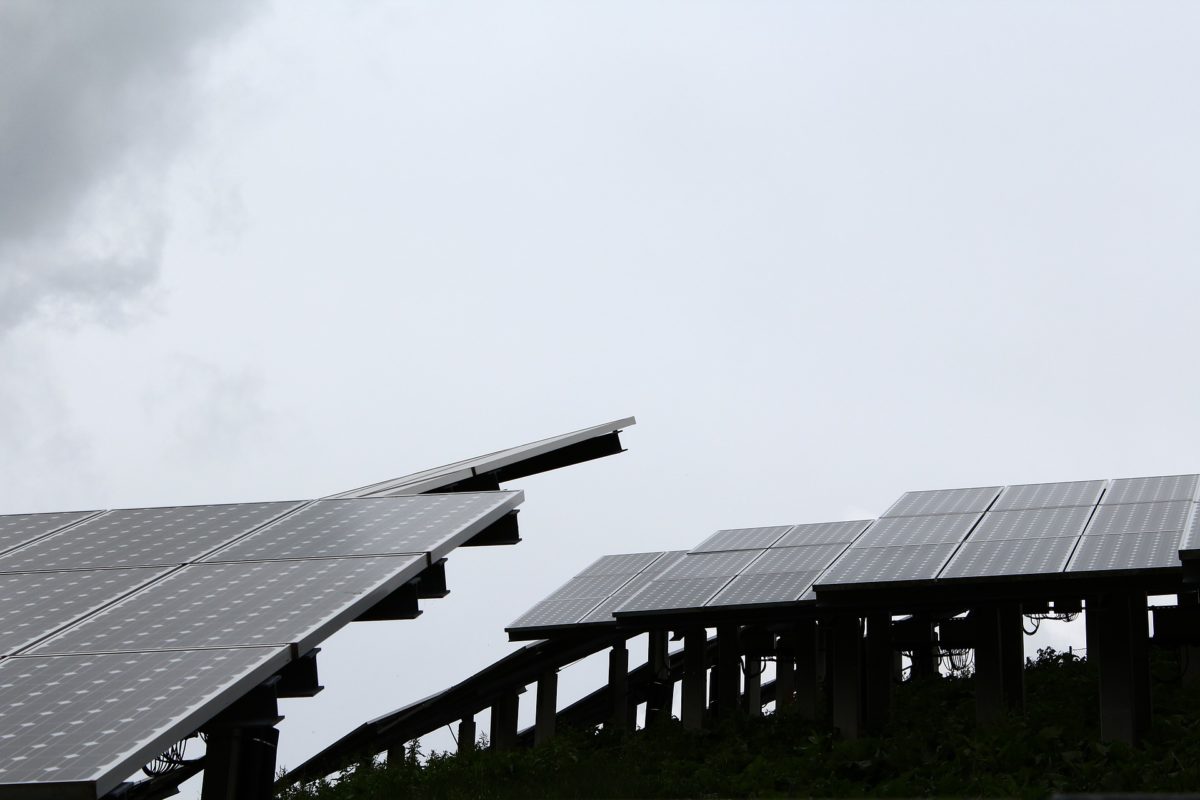U.K.-based infrastructure investor John Laing has continued to incur losses from its renewable energy projects across all geographies, with its Australian solar farms particularly badly affected by transmission issues.
Total writedowns in the first half of the year amounted to GBP234 million (US$309 million), of which GBP173 million related to the company’s renewable energy portfolio.
In its first-half results, John Laing reported the project performance losses of its Asia-Pacific renewable energy portfolio amounted to GBP49 million, including GBP43 million from its two Australian solar assets – the Finley and Sunraysia solar farms in a troubled part of the New South Wales grid. This follows the significant losses in the first half of last year from marginal loss factors (MLFs).
The losses reported last year prompted the company’s decision to suspend any new investments in Australian renewables and led to its decision earlier this year to make no additional investments in standalone solar and wind throughout the world.
Following an assessment of the risk/return profile of the renewable energy sector, the investor kicked off a sale process for its Australian portfolio of assets, which includes the Cherry Tree Wind Farm in Victoria, the Finley Solar Farm and Sunraysia Solar Farm in New South Wales, and the Hornsdale Wind Farm in South Australia.
For the full story, please visit our pv magazine Australia site.
This content is protected by copyright and may not be reused. If you want to cooperate with us and would like to reuse some of our content, please contact: editors@pv-magazine.com.




By submitting this form you agree to pv magazine using your data for the purposes of publishing your comment.
Your personal data will only be disclosed or otherwise transmitted to third parties for the purposes of spam filtering or if this is necessary for technical maintenance of the website. Any other transfer to third parties will not take place unless this is justified on the basis of applicable data protection regulations or if pv magazine is legally obliged to do so.
You may revoke this consent at any time with effect for the future, in which case your personal data will be deleted immediately. Otherwise, your data will be deleted if pv magazine has processed your request or the purpose of data storage is fulfilled.
Further information on data privacy can be found in our Data Protection Policy.